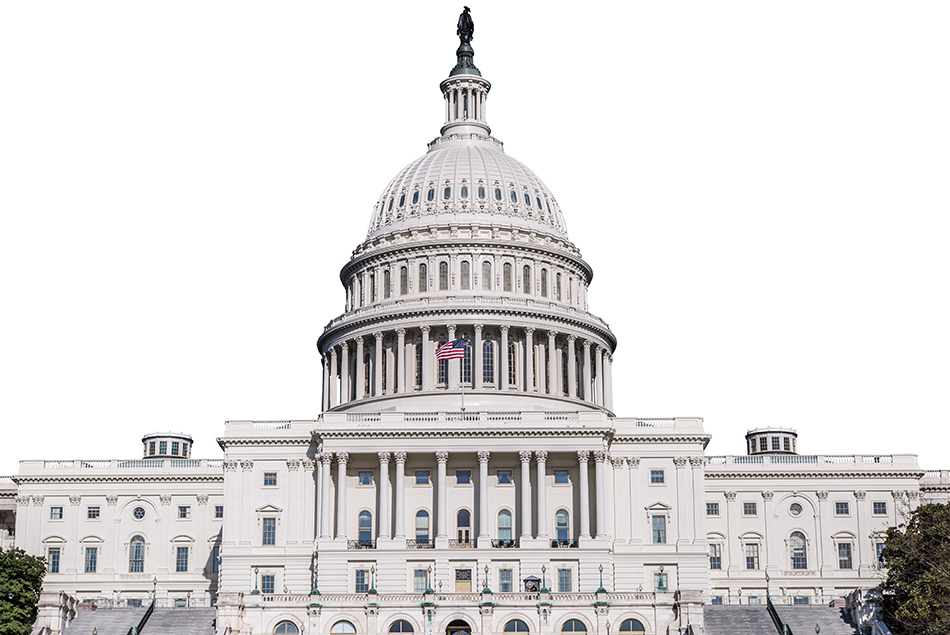D.C. Is Ticked Off at Big Tech, Big Time
House panel’s report slams Silicon Valley as too powerful

The smarter way to stay on top of the multichannel video marketplace. Sign up below.
You are now subscribed
Your newsletter sign-up was successful
If Silicon Valley executives thought it couldn’t get much hotter for them in D.C., they have another think coming.
And Democrats, who once defended edge providers as the virtuous inhabitants of an online garden threatened by internet service providers, were leading the charge.
At the head of the pack was a majority report from the House Antitrust Subcommittee, the product of a year-plus investigation into Apple, Amazon, Facebook and Google.
While the findings were attributed to staff, Democratic legislators were definitely on board with the damning conclusion, as they had telegraphed at a recent hearing. The report concluded that social media giants have leveraged their gatekeeper power to “erode entrepreneurship, degrade Americans’ privacy online, and undermine the vibrancy of the free and diverse press. The result is less innovation, fewer choices for consumers, and a weakened democracy.” Other than that, how was the play, Mrs. Lincoln?
Their recommendations for fixing the problem include “structural separation and line of business restrictions” and presuming any future purchases by those companies to be anticompetitive.
Pushing back on those proposals, the American Association of Advertising Agencies said they would “likely hurt consumers, would not impact the tech sector, and would set a dangerous precedent for weaponizing antitrust law.”
Elsewhere, other House Democrats pressed Amazon for answers after a CNN investigation found that some electronics products from AmazonBasic (Amazon’s private label) had melted, exploded or burst into flames but continued to be sold or disappeared without the company letting surfers know why. Amazon did not comment for this story, or CNN’s investigation, beyond saying safety remained a top priority.
The smarter way to stay on top of the multichannel video marketplace. Sign up below.
Hammering high-tech appears to warrant similar priority status for its critics.
Contributing editor John Eggerton has been an editor and/or writer on media regulation, legislation and policy for over four decades, including covering the FCC, FTC, Congress, the major media trade associations, and the federal courts. In addition to Multichannel News and Broadcasting + Cable, his work has appeared in Radio World, TV Technology, TV Fax, This Week in Consumer Electronics, Variety and the Encyclopedia Britannica.

